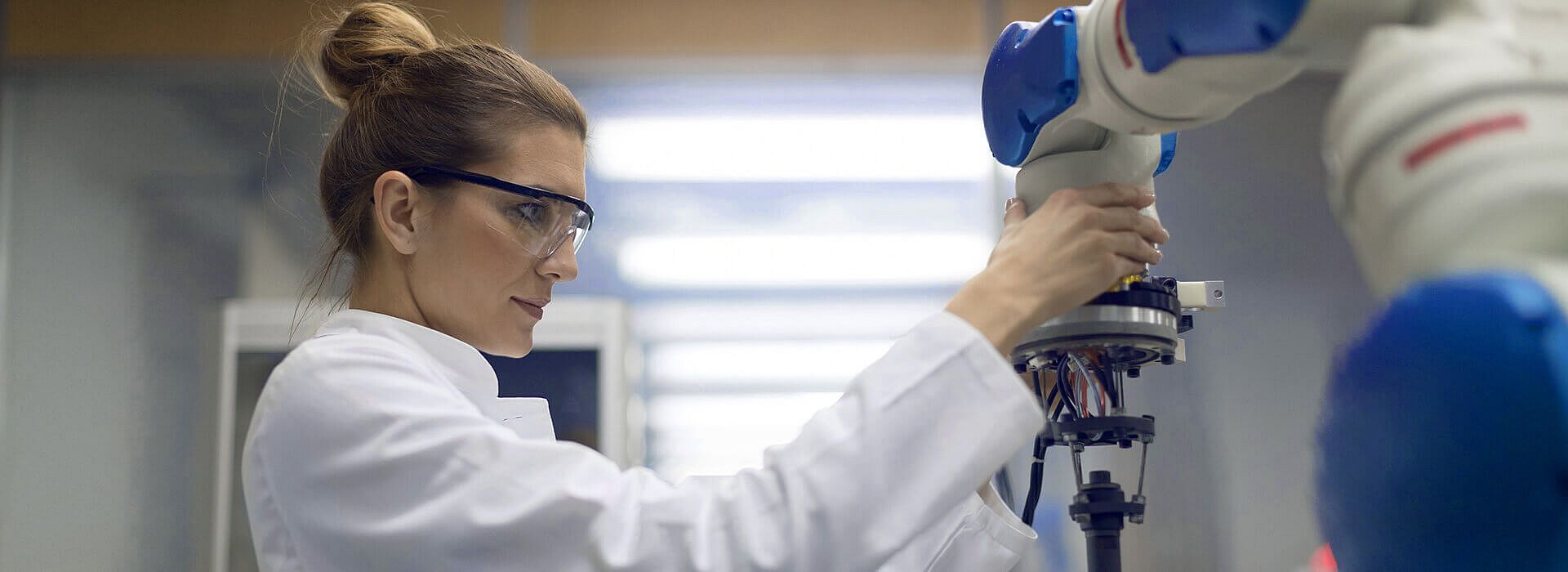
Joint experimentation in digital technologies for manufacturing and construction
Under the vision Value Of Joint EXperimentation (VOJEXT) in digital technologies, the project dynamizes science-driven industry approaches engaging human and Cyber Physical Systems (CPS) in the same loop; thus amplifying the cognitive capabilities needed to achieve more effective sociotechnical and business ecosystems. For this purpose, VOJEXT will design, develop, and demonstrate affordable, market-oriented, multipurpose and easy-to-repurpose robotic systems, which will be developed as one of the main components of a smart and scalable CPS ecosystem for the manufacturing and construction industry.
VOJEXT demonstrates its value through five different experimental pilots; which will be evaluated in five different sectors (plastic textile, electronics, automotive, construction and creative architecture for urban regeneration); covering the construction and manufacturing sectors at large in four different European locations (Spain, Hungary, Italy and Turkey). VOJEXT covers traditional and non-traditional areas for AI, robotics, and cognitive ICT developments, extending its activities to fifteen new demonstrators through open calls.
The VOJEXT project’s experimental path and effective implementation is supported by the S+T+ARTS approach, using art-driven innovation. For this purpose, VOJEXT will engage artistic research and innovation methodologies by hosting two S+T+ARTS Residencies that will be selected through open calls in S+T+ARTS format and will invite artists, as art-science partners, to collaborate with VOJEXT technology, robotic, academic and industrial partners.
VOJEXT will research new ways of automation covering semi- or fully-autonomous tasks and flexible reconfiguration regarding the tasks, the factory floor, and related equipment for more effective and efficient manufacturing and construction processes. It focuses on activities requiring precise manipulation of objects and devices, especially when tackling small-scale production and personalised goods. Likewise, an improved human-robot collaboration will allow a fluid robot interaction based on safety, gender, and ergonomics principles, leading to better working conditions.
fortiss contributes a knowledge-based system for handling the requirements of flexible production environments that is able to derive manufacturing or construction plans and associated process parameters in an automatic fashion, and to assign individual subtasks of these processes to compatible actors, such as devices or human workers.
European Union’s Horizon 2020 research and innovation programme, grant agreement No 952197.
01.07.2020 - 30.06.2024
